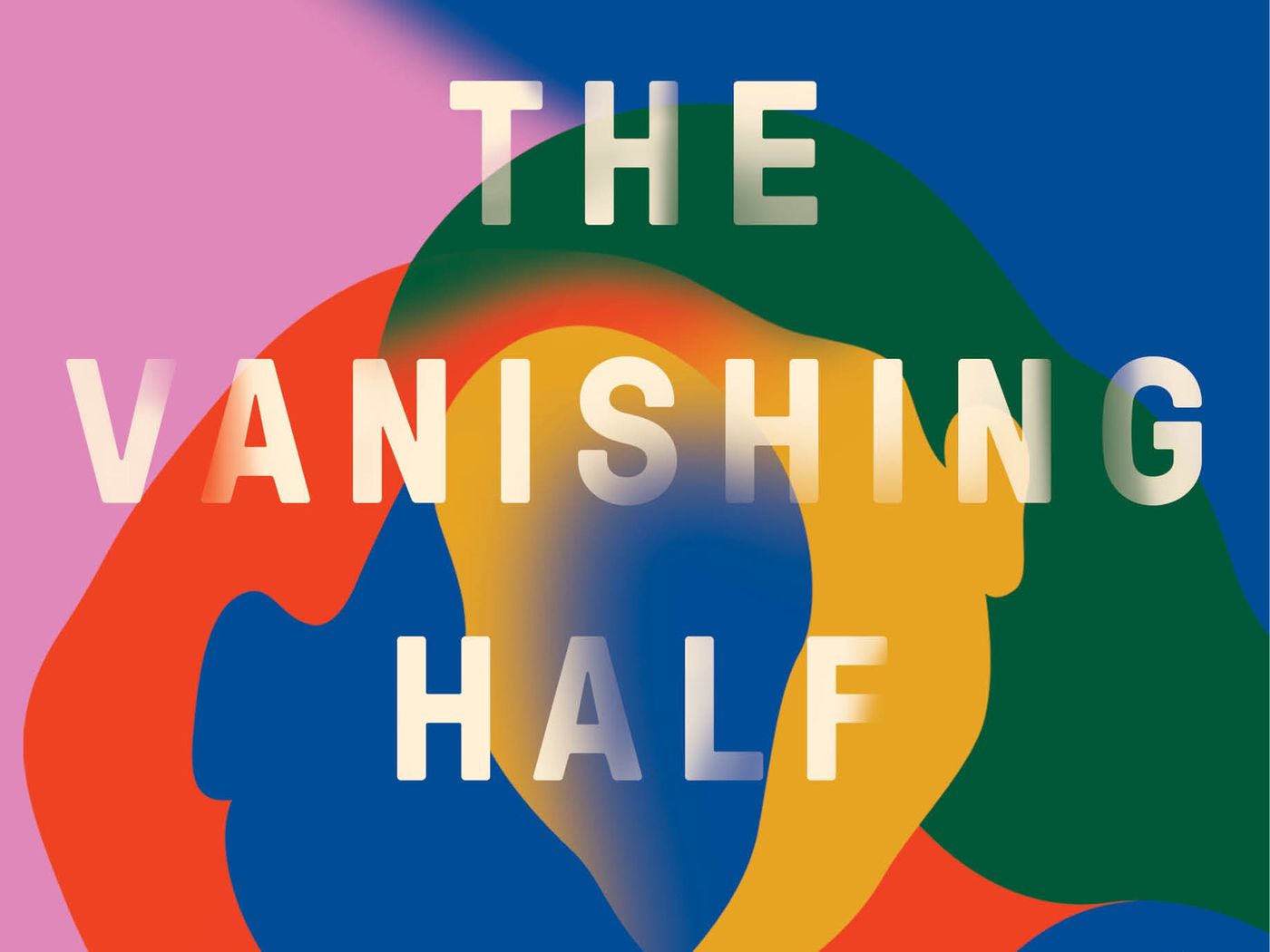

Others have flipped the formula so that it is black identity that is coveted by characters who are racially ambiguous (in the fiction of Danzy Senna, for example) or plainly white (as in Nell Zink’s novel “Mislaid”). In recent years, passing narratives have shed their sentimentality and turned surreal (Boots Riley’s film “Sorry to Bother You”), comic (Spike Lee’s “BlacKkKlansman”) and playful (Mat Johnson’s novel “Loving Day”). From its earliest avatars, the 19th-century novel “Clotel,” for example, to Langston Hughes’s short stories and Nella Larsen’s 1929 masterpiece, “Passing,” to the melodrama films of the 1950s, like “Pinky” and “Imitation of Life,” it is a story central to the American imagination, re-examined and retold so regularly it seems to enjoy a perpetual heyday.


The story of racial passing is a uniquely and intensely American form. No nation can lay lasting claim to a genre, save perhaps one.


 0 kommentar(er)
0 kommentar(er)
